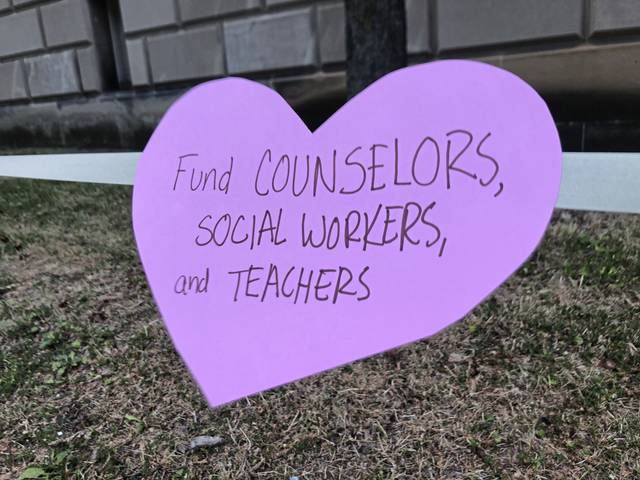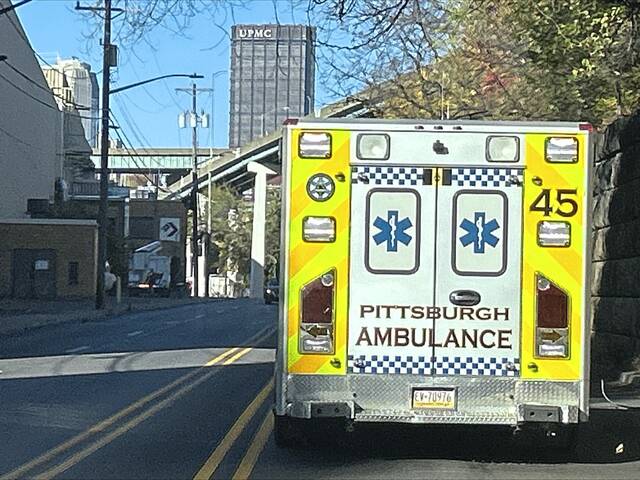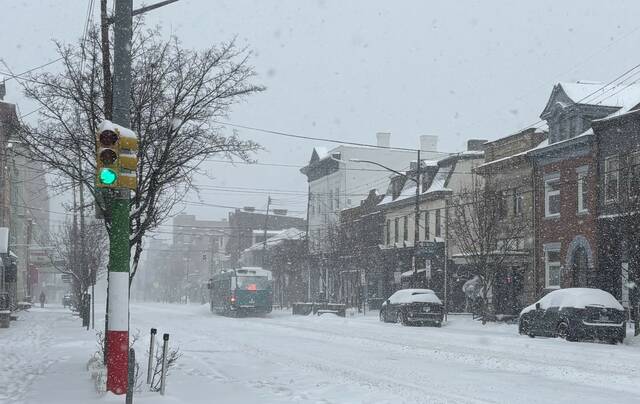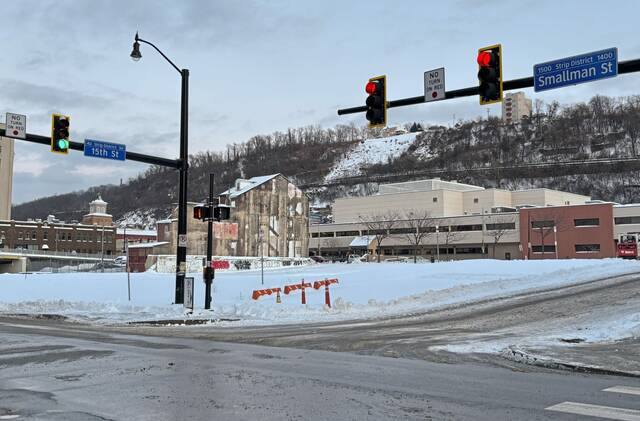Two girls get into a fight at school. Neither are seriously hurt, but the police are called.
In addition to any punishments from the school district or their parents, they’re now involved in the juvenile justice system — and have to face legal consequences. In the months that follow, the girls will likely move on from the dispute, but a court appearance looms, and a consequence that may change the course of their lives.
This scenario was offered by Kathi Elliott, CEO of Gwen’s Girls, a North Side-based nonprofit that works to improve the lives of girls and women in the region. She used it to illustrate the findings of a new report, “Understanding and Addressing Institutionalized Inequity,” that details a harsh reality: Black youths in the Pittsburgh area are disproportionately placed into the criminal justice system in these cases.
Elliott was one of the authors of the report, subtitled “Disrupting Pathways to Juvenile Justice for Black Youth in Allegheny County” and produced by the Black Girls Equity Alliance, convened by Gwen’s Girls. Among its findings:
• Black girls are 10 times more likely than white girls to be referred to the juvenile justice system. Among boys, Blacks are seven times more likely than their white counterparts.
• In Allegheny County, Black youths are referred to the juvenile justice system at a higher rate than Black youths are across the nation, and white youths in the county are referred to the system at lower rates than they are nationally.
• Black girls are referred to the juvenile justice system by Pittsburgh Public Schools police more than any other entity.
• Pittsburgh Public Schools students are referred to law enforcement at a rate greater than 95% of similar-sized U.S. cities.
• Most arrests made by Pittsburgh Public Schools police are for minor offenses that are not safety related.
The information in the report is nothing new, Elliott said, but “we need to do better.”
One of the report’s co-authors,University of Pittsburgh associate professor of social work Sara Goodkind, was surprised to see how much Pittsburgh Public School’s police were involved in making referrals — and seeing how the region compares to the rest of the nation.
Youths in the Pittsburgh area don’t behave any different than youths in the rest of the country, Goodkind said.
Virtual meeting Thursday
A movement to make changes is underway.
A town hall-style virtual meeting is set for 3 p.m. Thursday (register at gwensgirls.org/events), where Pittsburgh Public Schools leaders, juvenile justice advocates and others will discuss what can be done.
Among the suggestions the report offers is to require school districts to track and make public referrals to law enforcement and include race and gender data in that information; eliminate disorderly conduct as criminal infraction; end issuing summary citations by police at school; and eliminate school police.
Gwen’s Girls was founded in 2002 by Elliott’s mother, the late Gwendolyn Elliott, the first Black women to serve as Pittsburgh police commander. For its part, the nonprofit is working on a program to address the underlying problems faced by girls who are placed in the juvenile justice system.
Pittsburgh Public Schools didn’t immediately respond to a request for comment, but Elliott said Superintendent Anthony Hamlet has been supportive of making changes and working with Gwen’s Girls and other organizations to address the issue.
“He is committed to working with us,” Elliott said. “They can’t do it by themselves, we can’t do it by ourselves.”








